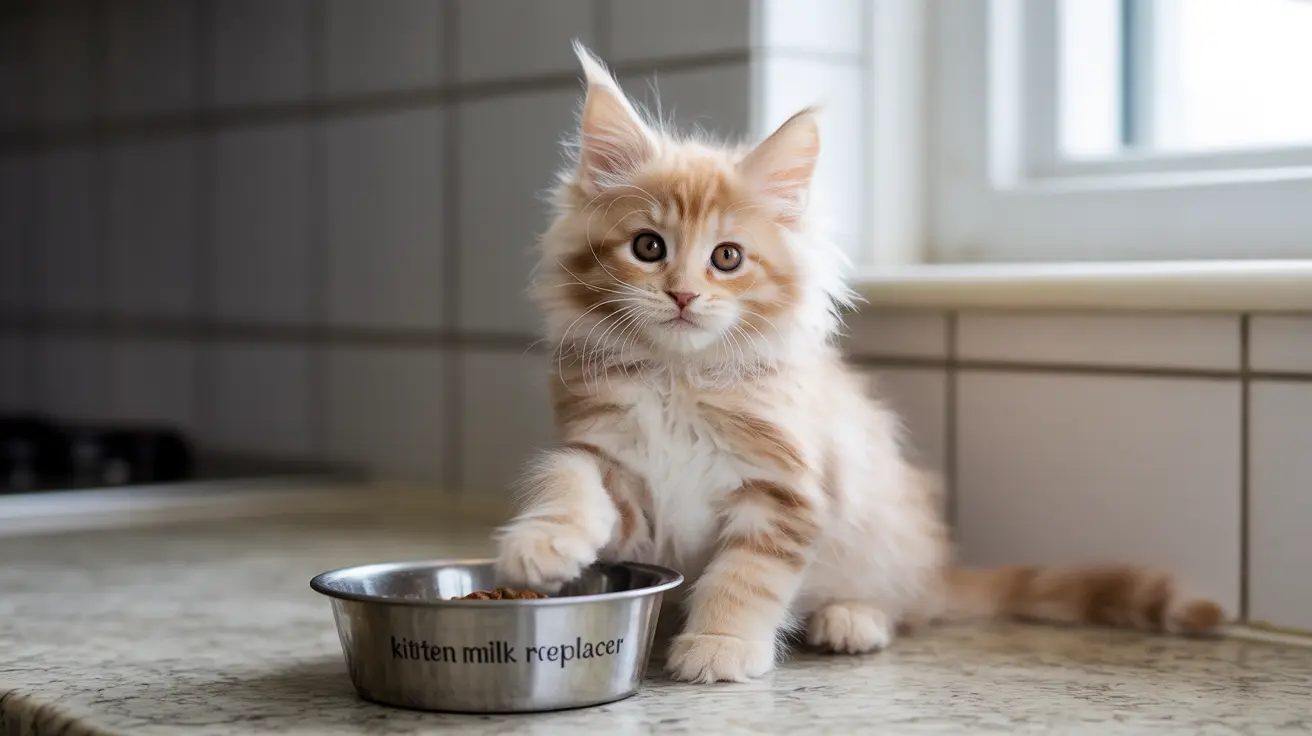Understanding Kittens' Nutritional Needs
Newborn kittens rely exclusively on their mother's milk for the first few weeks of life. This natural milk is perfectly formulated with the right balance of proteins, fats, and nutrients essential for healthy development. It also contains vital antibodies that help build the kitten's immune system.
During the first weeks of life, kittens produce an enzyme called lactase that allows them to digest their mother's milk efficiently. However, this ability begins to decrease as they approach weaning age.
Why Cow's Milk Is Dangerous for Kittens
Despite what many people believe, cow's milk can cause several health problems in kittens:
- Different nutritional composition than mother's milk
- High lactose content that kittens can't properly digest
- Risk of severe digestive upset and dehydration
- Inadequate protein profile for feline development
- Potential for allergic reactions
The Weaning Process and Lactose Intolerance
Around 4-5 weeks of age, kittens naturally begin the weaning process. During this time, their bodies produce less lactase enzyme, making them increasingly lactose intolerant. By 8-10 weeks, most kittens should be fully weaned and eating solid kitten food.
Safe Alternatives to Cow's Milk
If you're caring for an orphaned or nursing kitten, there are appropriate alternatives to cow's milk:
- Commercial kitten milk replacers
- Specially formulated cat milk (lactose-free)
- Veterinary-approved formula products
These products are designed to match the nutritional profile of mother's milk and are safe for kittens to digest.
Proper Nutrition After Weaning
Once weaned, kittens need:
- High-quality kitten food appropriate for their age
- Fresh, clean water available at all times
- Regular feeding schedule with proper portion control
- No cow's milk or dairy products
Frequently Asked Questions
Can kittens safely drink cow's milk or does it cause digestive problems?
No, kittens cannot safely drink cow's milk. It causes digestive problems including diarrhea, vomiting, and stomach upset due to their inability to digest lactose properly.
At what age do kittens stop producing the enzyme to digest lactose in milk?
Kittens begin producing less lactase enzyme around 4-5 weeks of age, with production significantly decreasing by 8-10 weeks when weaning is typically complete.
What are the signs that a kitten is lactose intolerant after drinking cow's milk?
Common signs include diarrhea, vomiting, bloating, gas, stomach discomfort, and in severe cases, dehydration.
What are the best milk alternatives for orphaned or weaning kittens?
Commercial kitten milk replacers and specially formulated cat milk products are the best alternatives. These products are designed to match the nutritional composition of mother's milk.
Why is mother's milk or kitten milk replacer preferred over cow's milk for kittens?
Mother's milk and kitten milk replacers contain the proper balance of nutrients, are easily digestible, and provide essential antibodies for immune system development, unlike cow's milk.
Remember, when in doubt about your kitten's nutrition, always consult with a veterinarian. They can provide personalized guidance based on your kitten's specific needs and circumstances.






